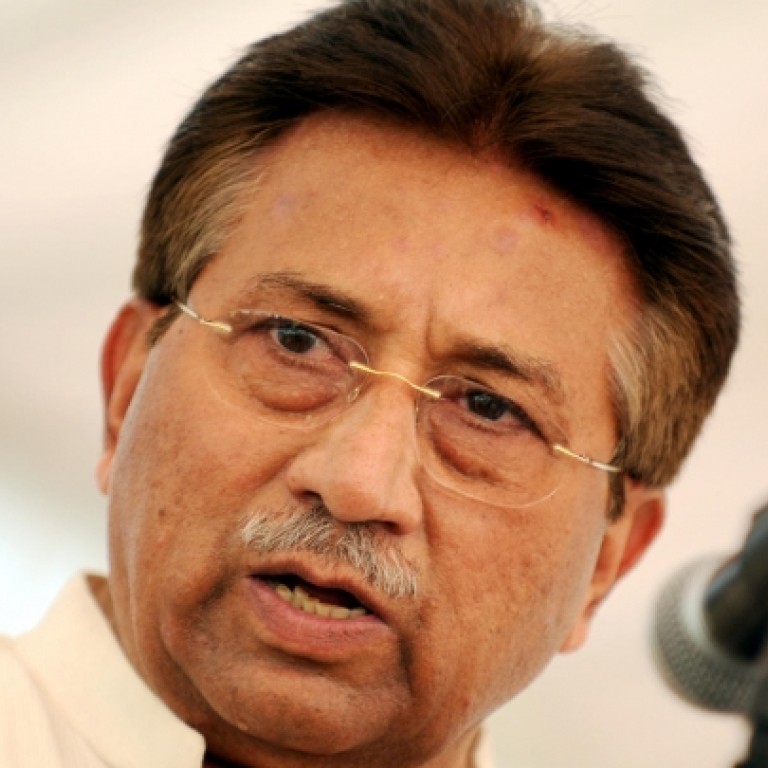
Pakistan's former dictator Musharraf faces fourth death-penalty charge over Bhutto assassination
Pakistani investigators have named former military dictator Pervez Musharraf as the prime suspect in the December 2007 assassination of ex-prime minister Benazir Bhutto, raising the tally of charges carrying the death penalty levelled against the once all-powerful army chief to four.
Pakistani investigators have named former military dictator Pervez Musharraf as the prime suspect in the December 2007 assassination of ex-prime minister Benazir Bhutto, raising the tally of charges carrying the death penalty levelled against the once all-powerful army chief to four.
The Federal Investigation Agency (FIA), Pakistan's national police force, on Tuesday named Musharraf in a document seeking his indictment by the court hearing the Bhutto case in Rawalpindi, a satellite city of Islamabad that is home to national army headquarters.
Musharraf ruled Pakistan from 1999 to 2008 after leading a coup against Nawaz Sharif, who was then serving his second term as prime minister and is now back in office after his party won an election in May.
The FIA gave little indication of what evidence it would submit against Musharraf, but it said it had sworn statements from two Bhutto associates, Briton Victoria Schofield and American Mark Siegel. Both have previously said Bhutto had told them that if she were assassinated when she returned to Pakistan after a decade in exile, Musharraf should be held responsible.
Bhutto and Schofield attended Oxford University in the 1970s and were close friends. Siegel was Bhutto's long-time Washington lobbyist.
The FIA's move came a day after Sharif announced to parliament that his administration would prosecute Musharraf for high treason for twice abrogating Pakistan's democratic constitution - first when he led the coup in 1999, and second, in November 2007, when he declared a state of emergency to facilitate the sacking of rebellious Supreme Court chief justice Iftikhar Mohammed Chaudhry.
The two counts of treason both carry the death penalty upon conviction.
The court has given the attorney general's office until today to specify its planned method of prosecution, but treason charges must be heard by a tribunal of three Supreme Court judges.
Musharraf was also formally arrested last week for the 2006 killing of Akbar Bugti, a former chief minister of western Baluchistan province who rebelled against his rule in 2004. If convicted, Musharraf would also face the death penalty.
In Addition, he has been charged with the illegal confinement of the judges he sacked in November 2007 under anti-terrorism charges, and may face jail terms calculated in seven-year multiples with hard labour.
